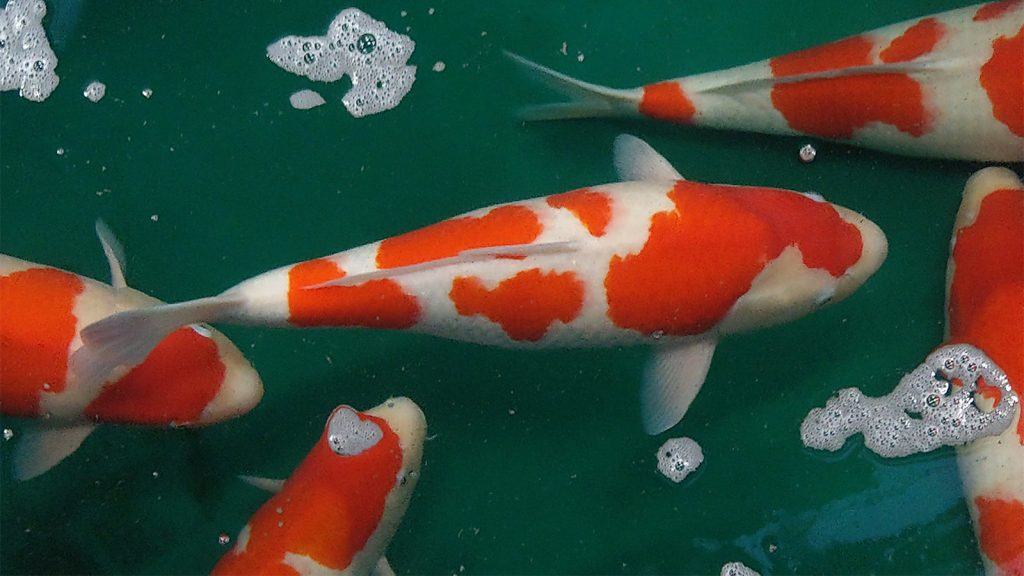
Angler behavior and aquatic invasive species in the Great Lakes region (2017-2020)
Effective fisheries management requires knowledge of how and why people are contributing to the spread of aquatic invasive species. The decisions that people make are shaped by what people think and feel, the rules and regulations introduced by management agencies, and environmental conditions that are experienced across a regional scale. However, fisheries research rarely integrates these perspectives. Our study is developing and testing a framework that characterizes the complexities of angler behaviors that influence biological invasions to guide fishery management decisions. We are answering these research questions:
- What are the primary psychological drivers of angler behaviors relevant to the spread of aquatic invasive species?
- What preferences do anglers have for management of aquatic invasive species and what tradeoffs are they willing to make?
- How do anglers’ behaviors and management preferences vary by subgroups oriented towards different fishing activities?
Click here to see our findings!

Aquatic invasive species prevention among Illinois recreational water users (2020-2021)
Recreational water user behavior contributes to the spread of aquatic invasive species. In Illinois, many boaters and anglers participate in preventative measures (e.g., “clean, drain, dry”), however there are still high risks. We are interested in understanding the reasons why some recreationists do not participate in these actions, as well as reasons it is difficult to consistently participate in these behaviors. The aims of our project are thus to understand recreationists’ perspectives on aquatic invasive species, including the risks posed by invasive species as well as the benefits and barriers to preventative actions. Specifically, our research questions include the following:
- What risks associated with aquatic invasive species are most relevant to Illinois recreationists?
- Why do recreational water users choose to engage in AIS-preventative behaviors?
- How can aquatic ecosystem managers minimize the barriers to participation in AIS-preventative behaviors?
Click here to see our findings!

Evaluating Illinois’ Organisms in Trade outreach for aquarium and water garden hobbyists (2021-2023)
Aquatic invasive species (AIS) may be spread via the purchasing and disposal of species used in aquariums and water gardens. This project therefore evaluates the impact of public outreach campaigns that were designed to raise awareness of AIS, with a particular focus on understanding hobbyist perspectives. Study findings will provide insight on the risks posed by invasive species as well as the reasons why it is difficult to consistently prioritize AIS-risk mitigation when purchasing and disposing of species. We are addressing the following research questions:
- What risks associated with aquatic invasive species are most relevant to Illinois organism-in-trade hobbyists?
- Why do aquarium hobbyists and water gardeners choose to engage in AIS-preventative behaviors?
- How can aquatic ecosystem managers minimize the barriers to participation in AIS-preventative behaviors?
Check back in 2023 to see our findings!